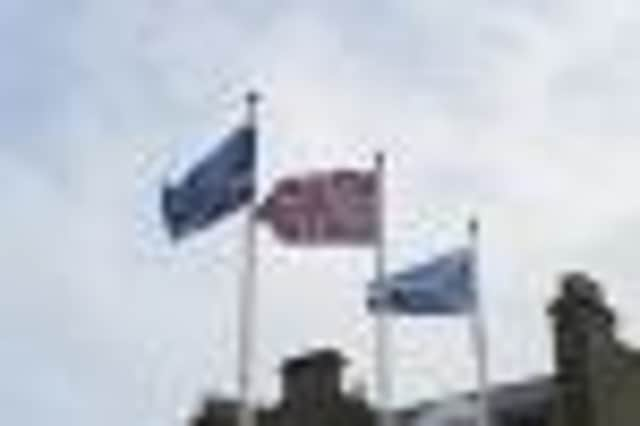Scottish independence: Battle for hearts and minds


It might not quite be the new rock ‘n’ roll (although one of Scotland’s leading figures, Professor Brian Ashcroft, was once in a band called The Denvers), but Thomas Carlyle’s famous description of them as purveyors of the dismal science has never looked more wrong.
Scottish voters figuring out whether or not to back independence should now be prepared for a barrel-load of advice from our modern-day seers. Already, there has been a glut. First Minister Alex Salmond and financial secretary John Swinney’s personal human shields at present are two Nobel Prize-winning economists, Joseph Stiglitz and Sir James Mirrlees, who contributed to the recent Fiscal Commission report. In this newspaper, Professor Andrew Goudie, former chief economist to the Scottish Government, has trailed his new book – Scotland’s Future – on the consequences of constitutional change, out next week.
Advertisement
Hide AdAdvertisement
Hide AdThis is just a taster. A hoard of economists have been sought out by the Treasury for advice as it prepares its own economic papers (the advice has been, at times, pretty blunt, prompting Whitehall officials to reconsider over-the-top warnings about secession).
Meanwhile, Scotland’s vital statistics are to be crunched by the world-renowned forecasting model at the National Institute of Economic and Social Research to give what might be the clearest picture available on how an independent Scotland could be expected to perform. Such debates about fiscal sustainability and currency pacts are no longer esoteric. They are being played out on the streets of Greece and Cyprus. Consequently, the verdicts these economists arrive at will be all the more important.
A few clear themes are likely to emerge. One of the big ones so far is that is the question of the constraints that would be placed on Scotland if, as planned, it continues to use the pound and ties itself to a monetary union with London. Professor John Kay – a former member of Salmond’s Council of Economic Advisers – said this month that the levels of autonomy might “differ very little” from the wiggle room Salmond has at present. This is because London would hold the cards in any negotiation and would insist a new currency union learnt from Europe by restricting what members could do.
Not so, insists Swinney, who told a business audience this week that the rest of the UK would have a “mutual interest” in keeping Scotland in a currency union and, therefore, would give it room to manoeuvre.
The Fiscal Commission is now preparing further work, which will help back up Swinney’s case. He he will know that the Masters of the Universe intend to place it under forensic scrutiny. It’s clear already that blithe assumptions – made by both sides – will not survive.